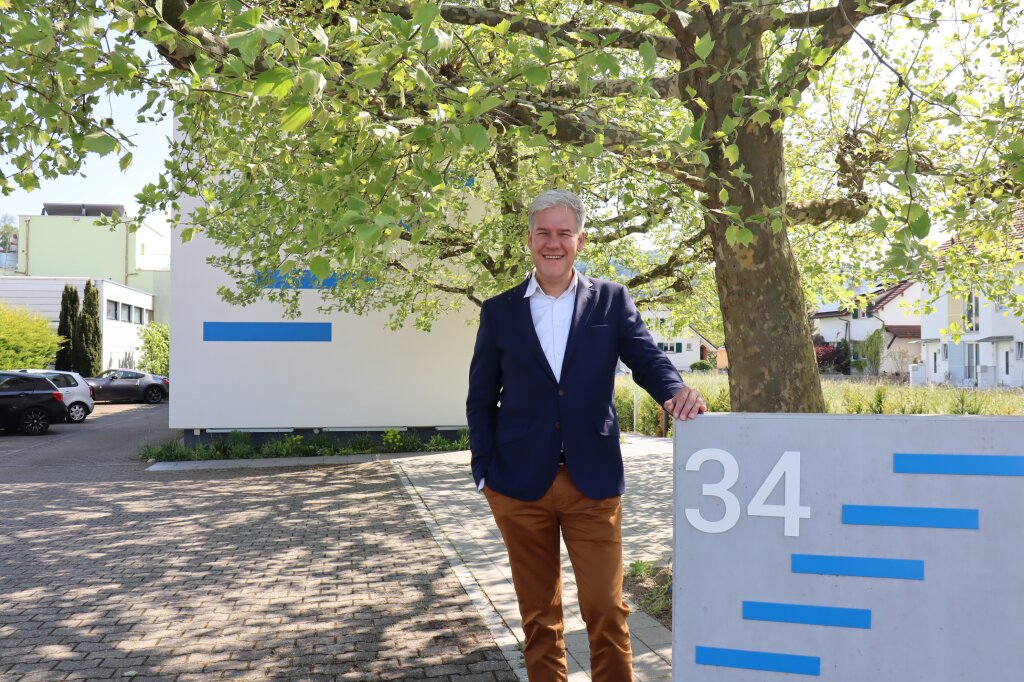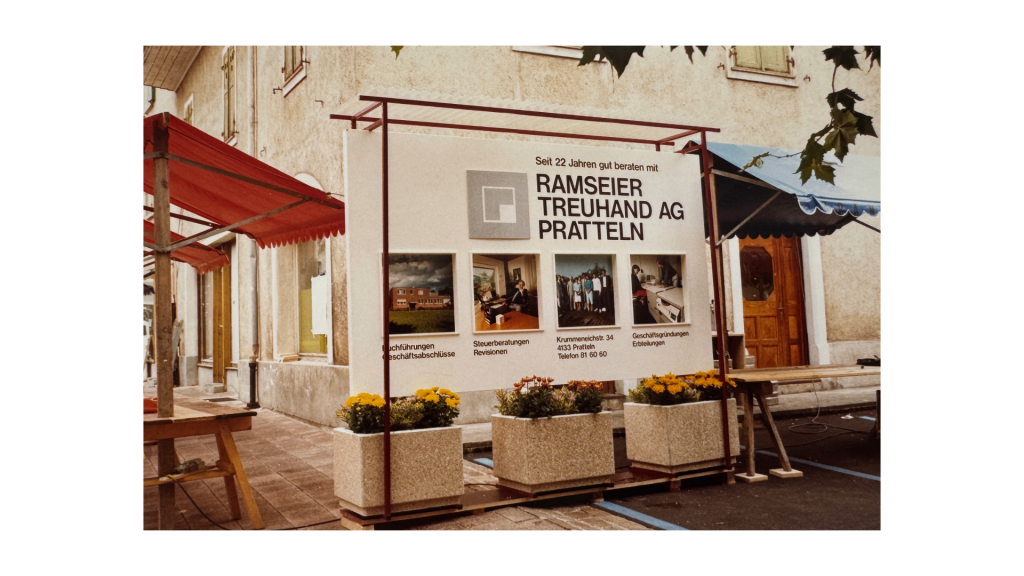Tax proposal and AHV financing. What next?
What began as "CTR (Corporate Tax Reform) III" and ultimately failed bitterly at the ballot box, emerged in a new form at the beginning of 2018 as "CTR (Tax Proposal) 17" and mutated into "STAF", namely "Tax Proposal and AHV Financing", with Parliament's compromise bill. However, the thrust and the main content remain unchanged: The aim is to create an attractive framework for corporate taxation so that the abolition of tax privileges that are no longer tolerated internationally (holding, domiciliary and management companies) can be compensated for to some extent.
The planned tax relief measures such as the patent box, R&D deductions and step-up (relief on the transition from previous special statuses) will only be available to a limited number of companies. In contrast, all companies will be able to benefit from the planned more or less massive tax reductions. Basel-Stadt with a new overall tax rate (on pre-tax profits) of 13% and Baselland with 13.5% will significantly improve their position in inter-cantonal tax competition, provided that the laws or bills are adopted. Solothurn is also expected to be ahead with 13.1%, while Aargau will react rather defensively with 14.7 to 17.9%. In the case of Baselland, it should be noted that the reduction is to be staggered over the next 5 years.
The planned adjustments to dividend taxation are also relevant for SMEs. In Basel-Stadt, this will rise to 80% (20% relief), while the neighboring cantons and the Confederation provide for lower rates (BL and AG: 60%, SO 75%, Confederation 70%). In general, the partial income method will be applied in future. In the following, we highlight the "roadmap" at federal and cantonal level. Now that the left-wing referendum against the federal bill has been successful, the timetable is as follows:
Confederation: final vote in Federal Parliament 28.09.2018, referendum successful, popular vote 19.05.2019
Basel-Stadt: Final vote by the Grand Council 19.09.2018, referendum successful, referendum 10.02.2019
Basel-Landschaft: District Council bill from November 2018, consultation with District Council pending, referendum announced
Solothurn: submission to the cantonal council in December 2018, parliamentary consultation in March 2019
Aargau: Consultation until December 2018, followed by preparation of draft legislation and parliamentary consultation
If the federal vote is successful, the plan is to introduce the STAF on January 1, 2020. The cantons are also aiming for this date with their proposals. However, apart from Basel-Stadt, the political process is not yet sufficiently advanced to make any reliable statements.
While in Basel-Stadt, thanks to a broad compromise between all relevant parties, the chances of success of the bill can be assessed very positively, predictions in the other cantons are much more difficult for two reasons. On the one hand, parliamentary deliberations are still pending, and on the other, various well-known political forces have expressed their opposition. At the moment, it is impossible to predict whether left-wing and right-wing parties, business associations and trade unions will actually be able to agree on viable compromises. The "no" vote by Bernese voters in November 2018 to reduce corporate tax rates could be a burden for the federal proposal. On the other hand, if it fails at the ballot box, the cantonal plans would be largely obsolete.
It therefore remains exciting, and it is to be hoped that this increasingly protracted impasse will soon come to a positive end.





